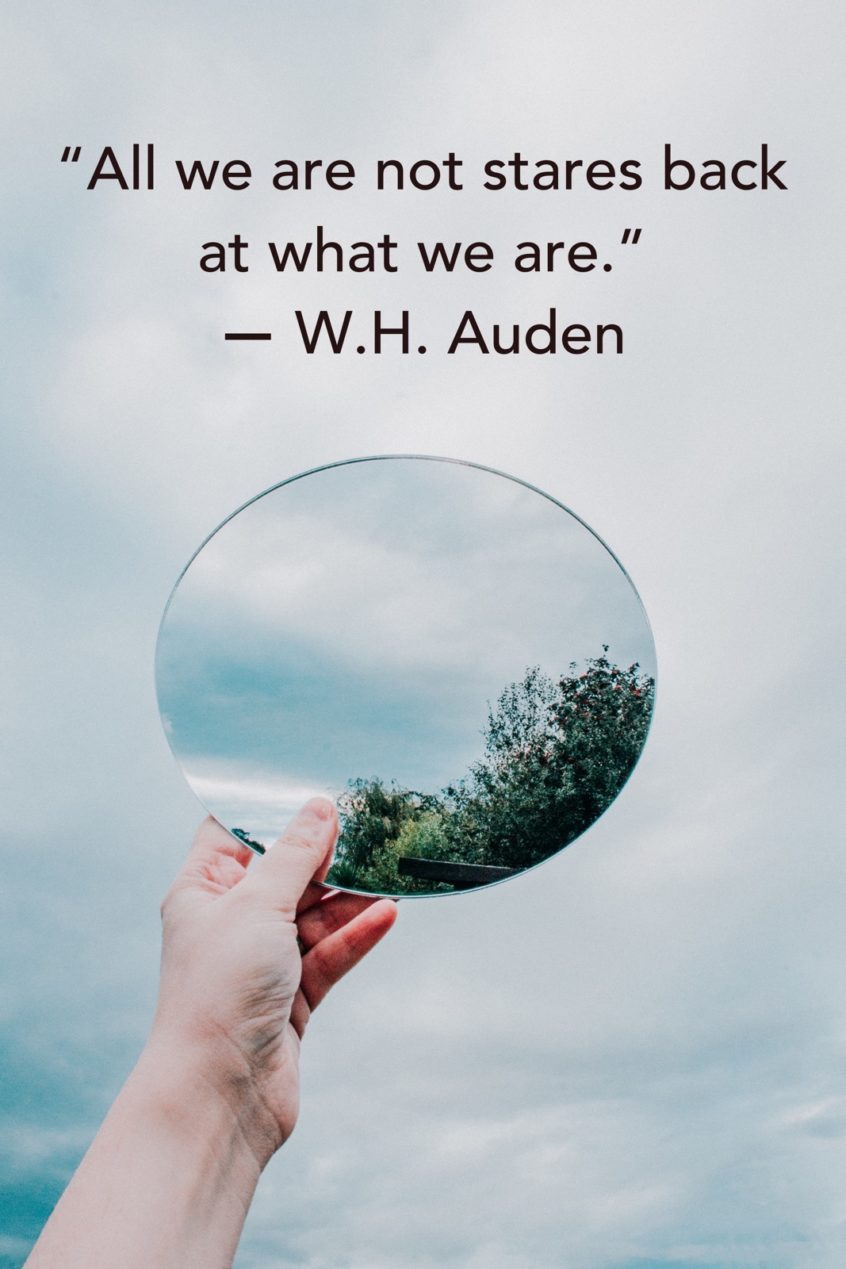This is the latest article from Neil on inner growth. So if you want to lead a great life, read on below:
I hope that you are all healthy, wherever you are.
A lot is going on right now, and with the extra time here at home, besides getting a lot of coaching and writing done, I want to write you more emails about improving your life.
Starting with this story:
Just before this happened, I went to my doctor’s office to get a mole on my back checked out.
I hopped on the examination table and showed her the mark. Over the years, I’d noticed it kept getting bigger and bigger, so I wanted to get it removed.
After examining it, she started asking if I wanted to get some other blemishes removed.
I said it was fine, and she asked if I was sure.
When I said I was sure, she said something accidentally brilliant:
Whenever she removes a mole or blemish that bothers someone, that person goes home and soon gets bothered by another, smaller blemish they’d never noticed before. Then they return a few weeks later, and want that one removed.

Next month, they return again to get rid of something else. And so on.
In other words, removing the bigger blemish makes you notice the smaller blemish. In your mind, it becomes as big as the larger blemish that’s no longer there. You don’t recognize they keep getting smaller and smaller, and less problematic.
If you think like me, then you know where I’m going with this…
Because this is the perfect metaphor for how we treat the inner self, too. So often, when we work on or heal one part of ourselves, we immediately focus on another part that’s bothering us. Or we reduce an unhealthy behavior by 50 percent, but when it rears its head, we think we’ve gotten nowhere.
We become unable to appreciate the progress we make, because we’re too busy focusing on what’s wrong with us – the new problem or aspect of a problem that needs to be healed, fixed, or removed.
Why does this happen?
One reason is because there is no accurate way to measure inner growth like we can outer growth.
The other is because with our biggest problems gone or reduced, our perspective changes,. We have no point of reference. The biggest problem will always be the biggest problem, even if the last biggest problem was removed.

In addition, for some people, this is because their desire to change and improve is motivated by a sense of lack, not love.
Striving toward goals and improving yourself is part of fulfillment and leading a great life. But the trick is to marry self-development with self-acceptance.
Without that, every step along the way while striving forward will be colored with the discontent that comes from believing we’re fundamentally flawed and insufficient.
“The work” never ends. There will always be something we can improve upon. I am certainly committed to this as a life-long journey of always striving to become better and healthier. But at the same time, I know when the times are to focus on what could be better and the times to focus with gratitude on what is great.
That said, the main reason I’m writing this is because when people don’t give themselves credit for their accomplishments or keep noticing new “blemishes,” they often give up, thinking they haven’t gotten anywhere. Just remember, as a mentor once told me:
Sometimes you may think you haven’t gotten anywhere, because you’re looking at the same view, but remember that you’re looking at the same view now from higher up on the mountain.
By the way, I ended up removing the blemish.
But I only did it from a place of self-love on the recommendation of a trusted medical professional.

